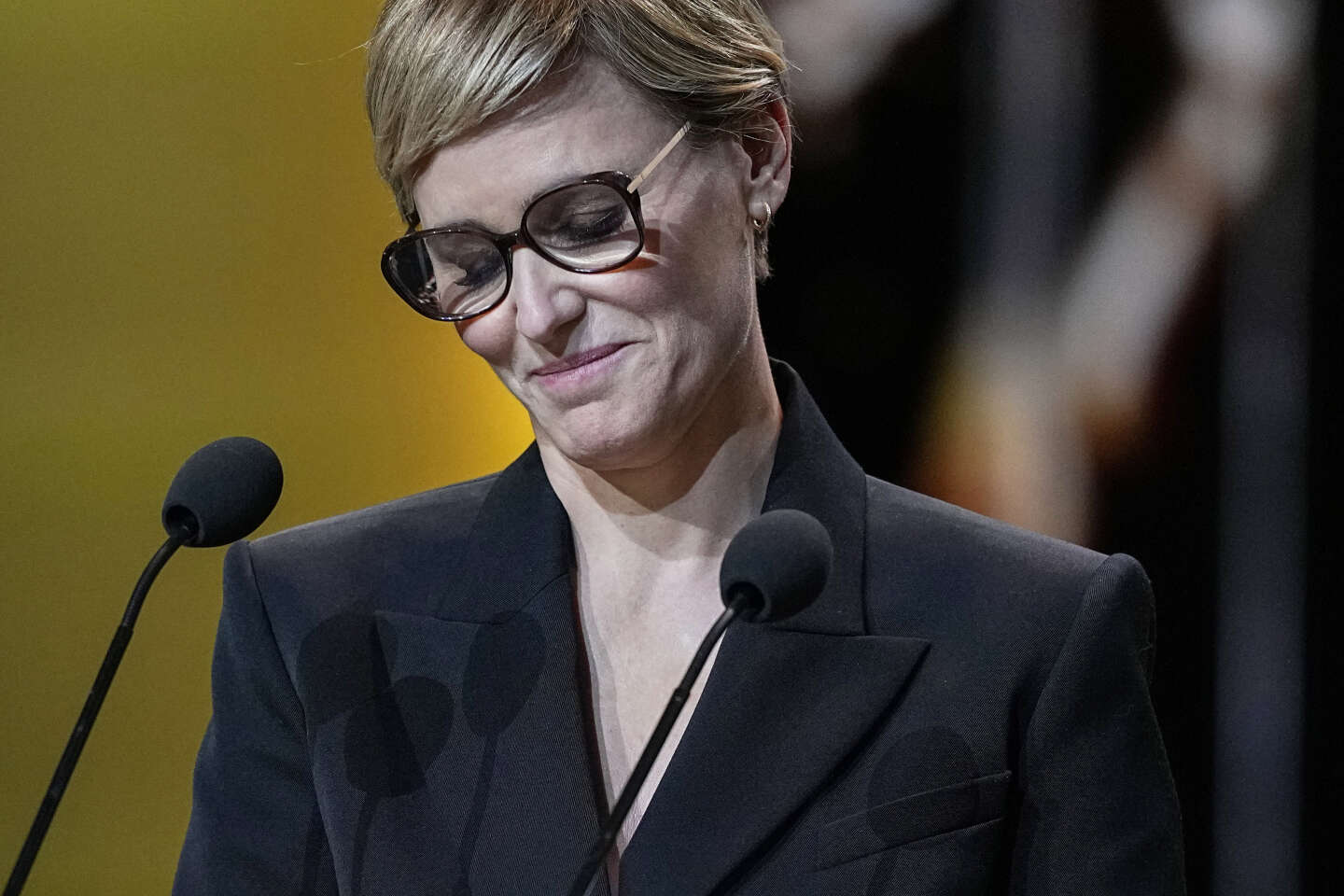


"It's a funny moment for all of us, isn't it? A returnee from America has come to kick in the armored door. Who'd have thought it?" On the big stage in Paris's Olympia theater after a long exile in the US, actress Judith Godrèche stood on Friday, February 23, in front of the great family of French cinema gathered for the annual presentation of the Césars, France's film awards. Not for a vengeful speech, nor to denounce anyone. But to say once again, since the filing of her rape complaint against directors Jacques Doillon and Benoît Jacquot at the beginning of February, that the silence had lasted too long with regard to certain members of a profession shaken to the core in recent weeks by a cascade of revelations. "Where are you? What are you saying?" she challenged the many actors and directors in the room.
Seven years. It has taken seven years since the cinematic earthquake caused by the indictment in the US of producer Harvey Weinstein, in October 2017, since sentenced to heavy prison sentences, for the waves of the #MeToo movement to finally batter down the doors of French cinema.
Through Godrèche's testimony and Isild Le Besco's accusations against the same Doillon, not to mention the rape and sexual assault complaints against Gérard Depardieu – one accusation which has since been forced to be shelved for exceeding the statute of limitations – pillars of French cinema have been shaken to their core.
The men at the source of these grievances are acclaimed filmmakers and actors, received and honored at all the festivals and enjoying the support of critics and the press for many years – Le Monde was no exception. "French cinema is facing a profound reappraisal," declared Culture Minister Rachida Dati, in an interview with Film Français published on the day of the Césars. "Creative freedom is total, but here we're not talking about art, we're talking about pedophilia."
The voices of actresses, but also of actors, can now be heard denouncing unacceptable, even potentially criminal behavior, and their voices are finally being heard in a world that has been quick to turn a deaf ear to all kinds of abuse in the name of the separation long considered sacrosanct between man and art. Fortunately, this division is now breaking down, at a time when it is no longer tolerable to look at a work of art, cinematographic or otherwise, without taking into consideration the conditions under which it was produced, including respect for people.
Sordidness overshadowed by glitter
A form of impunity has come to an end. This examination of conscience may rightly be considered overdue, but it is all the more necessary and welcome. The celebration of creators along their works, without wanting to see the abjectness for which they were responsible, has gone on far too long.
This major reappraisal is an opportunity to recognize the role played by those who, like the actress Adèle Haenel in 2019, dared to speak out about having suffered too long in silence and to reveal a sordidness obscured by camera flashes and glitter. The artists who stubbornly remain blind to the fact that their creative world is changing can only be deplored. This change will come, with or without them, and everything must be done to make it irreversible. Long a symbol of pride, French auteur cinema must never again serve as a shield to protect predators.
